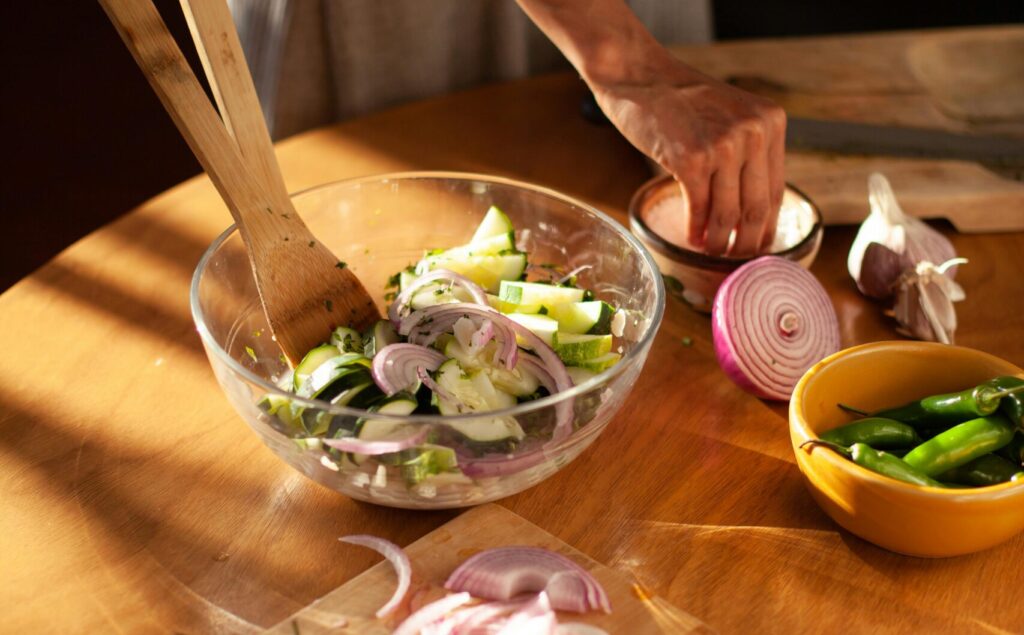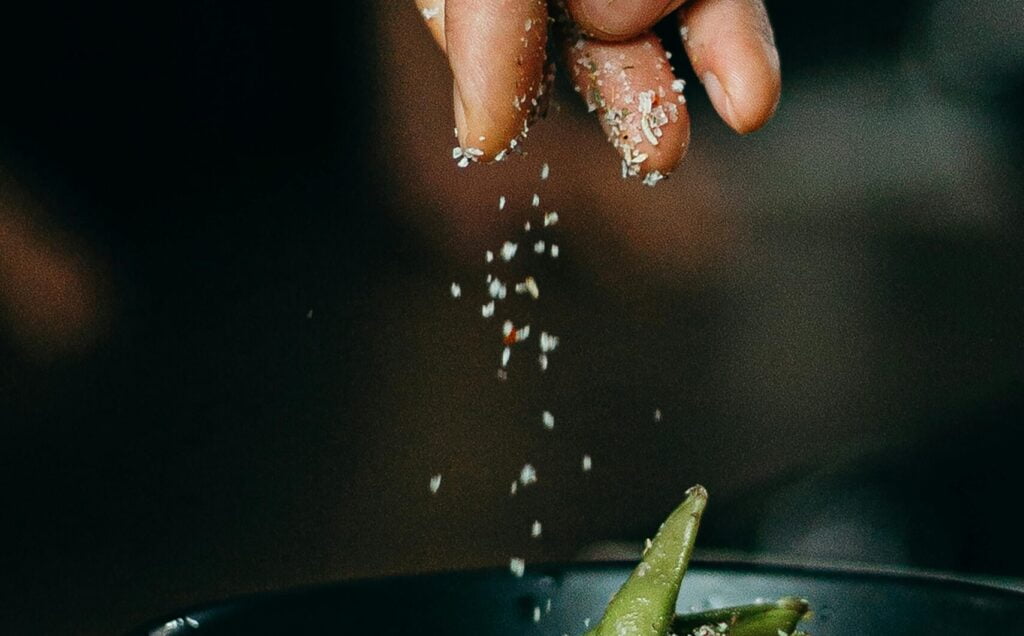What is a Good Salt Substitute for a Low Sodium Diet?
For individuals on a low-sodium diet, we hope you’ll find this advice helpful in your search for an ideal salt substitute. We have what you need if you are trying to cut back on sodium for health reasons or just want an alternative to regular table salt. Discover a variety of salt replacements, their advantages, and easy ways to add them to your dishes in this blog post.
Understanding the Need for Salt Substitutes:

You must first comprehend why cutting back on salt is so important for many people before you can explore alternatives. Numerous health problems, such as high blood pressure, cardiovascular disease, and stroke, have been associated with a diet high in sodium. Consequently, reducing these hazards while still enjoying tasty meals is possible with the help of appropriate substitutes.
For many people, cutting back on salt is now an essential part of being healthy overall. Reason number one for the critical need of identifying acceptable salt alternatives:
- Health Implications: An increased risk of hypertension, cardiovascular disease, stroke, and renal disease has been associated with a diet high in sodium. Individuals can improve their health and reduce these dangers by consuming less salt.
- Dietary Restrictions: According to medical recommendations, some people may need to follow a low-sodium diet. This includes people with hypertension, kidney illness, or heart issues. To make sure people stick to their diet plans without compromising on taste, it’s crucial to identify salt replacements that work.
- Flavor Enhancement: Reducing salt does not, as is commonly believed, result in diminished flavor. Using salt alternatives opens up a world of flavor possibilities, allowing one to experiment with various cuisines and develop their palette.
- Balanced Nutrition: Overconsumption of salt can mask food’s inherent flavors and cause people to crave processed foods that are heavy in sodium. People can eat a healthier, more varied diet with the help of salt alternatives, which allow them to try new foods.
- Awareness of Hidden Sodium: Even without adding table salt, many processed foods contribute to daily sodium intake due to their high quantities of sodium that is not readily apparent. One way people can lower their sodium intake and eat healthier is by making their own meals at home with fresh ingredients and salt replacements.
Realizing the importance of salt alternatives extends beyond personal taste; it’s about putting health first, following dietary limitations, and encouraging a greater respect for the wide variety of natural flavors.
Types of Salt Substitutes:

Herbs and Spices:
Spices and herbs are great alternatives to salt when you want to add flavor to food. Everything from cumin and turmeric to basil and thyme is fair game. You may take your gourmet masterpieces to the next level by trying out various combinations.
Citrus Juices:
You may brighten and tart your food with citrus juices like lemon, lime, and orange, and you won’t even need salt. These juices offer a healthy and delicious alternative that goes great as a drizzle over fish, grilled veggies, or salads
Vinegars:
Balsamic and apple cider vinegars, in particular, add a tart kick and a whole new dimension of taste to food. For an exquisite flavor experience, try using them in sauces, marinades, or to garnish roasted veggies.
Seaweed and Seaweed-based Seasonings:
In addition to adding a savory, umami flavor to food, seaweed is naturally mineral-rich. Seaweed flakes or other seaweed-based spices, such as nori, can impart a salty flavor to food while simultaneously adding health benefits.
Low Sodium Salt Substitutes:
Low sodium options are available for individuals who nevertheless desire the texture and flavor of salt. People with particular dietary restrictions may find these alternatives to be acceptable because they typically include potassium chloride rather than sodium chloride.
Table of Contents
Incorporating Salt Substitutes into Your Diet:

Now that you know what salt alternatives are, we can talk about how to easily include them into your meals:
- Try combining various citrus juices, herbs, and spices until you discover a recipe that you love.
- Soups, stews, and sauces can be enhanced with vinegars and seasonings made from seaweed.
- While you wait for your taste buds to adapt, try using less table salt and more low-sodium options.
- Always make an effort to eat homemade meals produced with natural ingredients and be wary of manufactured foods that may include hidden sources of sodium.
Conclusion:
Finally, cutting back on salt doesn’t have to mean giving up taste. You may eat tasty and healthy food without sacrificing your health if you look into the many salt alternatives that are out now. You can find a salt substitute that suits your taste buds, whether you’re inclined to the aromatic notes of herbs and spices or the tartness of citrus juices. Now is the perfect time to start exploring different flavors and see what you like. Both your taste senses and your body will be grateful!
